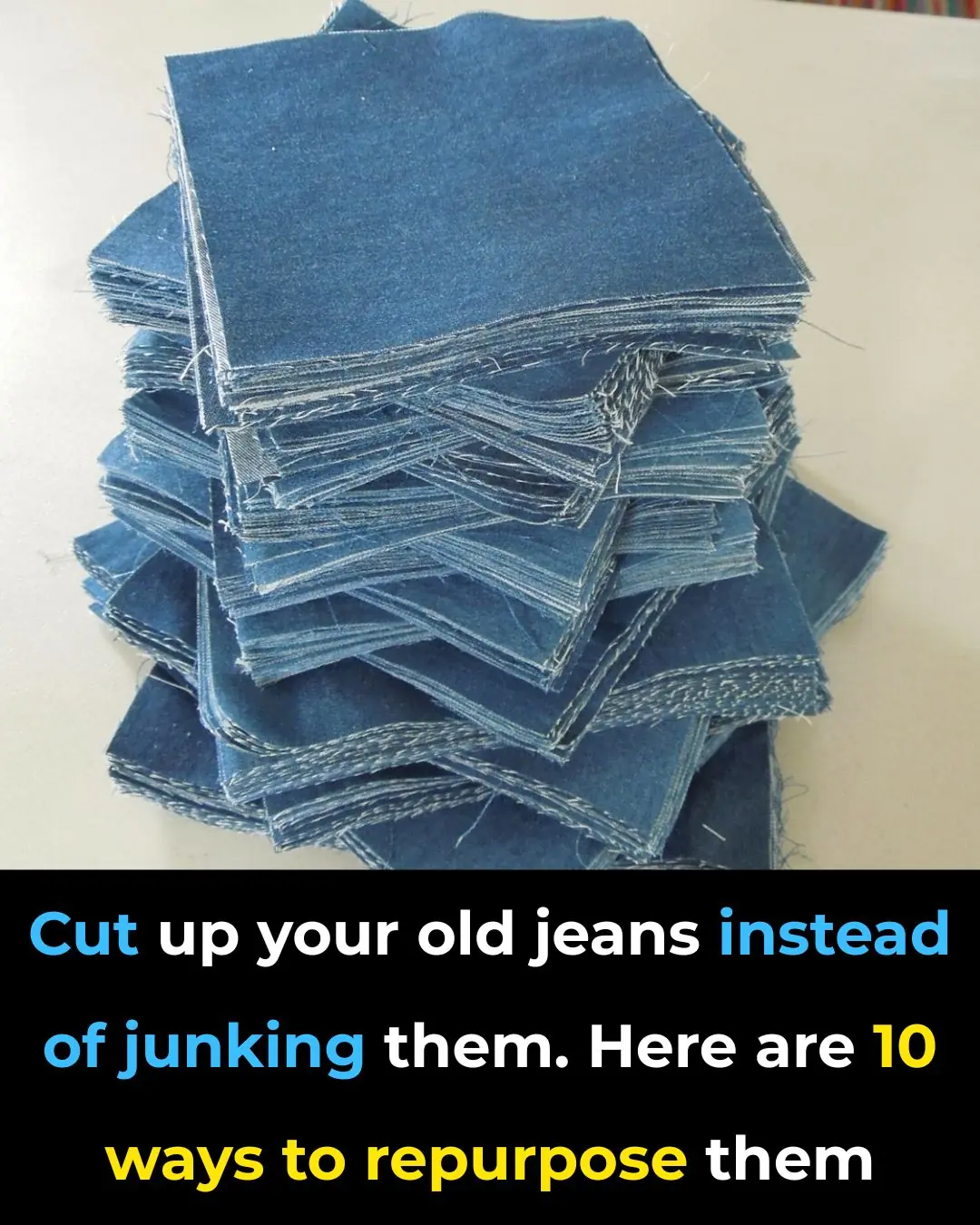
Is Sleeping with Wet Hair Really That Bad

We’ve all been there — a late-night shower, no time (or energy) to blow-dry, and into bed we go with damp hair. But is it really harmful, or are we just following old wives’ tales? Let’s separate fact from fiction and learn how to protect your hair and scalp.
Myth 1: Wet hair causes lice
✅ Fact:
Lice don’t care whether your hair is wet or dry — they spread through direct contact, not moisture. You only get lice by sharing personal items like hats, brushes, or pillows with someone who already has them.
Bottom line: Sleeping with wet hair won’t give you lice — but sharing a pillow with someone who has lice could.
Myth 2: It’s totally harmless to sleep with wet hair
✅ Fact:
It might feel harmless, but going to bed with wet hair can lead to:
-
Fungal growth on the scalp (especially with the warmth and moisture trapped by a pillow)
-
Dandruff or seborrheic dermatitis
-
Hair breakage — wet hair is weaker and more prone to snapping
-
Tangles and split ends
Your scalp is warm and dark at night. Combine that with moisture, and it becomes an ideal environment for bacteria and fungus.
Myth 3: Air-drying overnight is better than using a blow dryer
✅ Fact:
Heat damage is real, but leaving hair wet for hours can also be damaging:
-
Weakens the hair shaft
-
Causes frizz and breakage
-
Disrupts your scalp’s natural pH balance
Best practice: Gently towel-dry hair, then use a blow dryer on low or cool heat to dry at least 80% before bed.
Myth 4: Only long hair is affected
✅ Fact:
Short, long, curly, or straight — all hair types are vulnerable. The scalp is the key concern:
-
Scalp irritation
-
Fungal infections
-
Breakage near the roots
Healthy hair always starts with a healthy scalp — no exceptions.
Myth 5: Tying wet hair prevents problems
✅ Fact:
Tying up wet hair might seem like a quick fix, but it can backfire:
-
Wet hair is elastic and swells, making it more likely to snap
-
Tight hairstyles can cause tension alopecia (hair thinning from stress on the roots)
Tip: If you must tie your hair, use a loose braid or ponytail with a soft scrunchie or silk tie.
Better Habits for Nighttime Hair Care
If you love late-night showers, follow these steps to protect your hair:
✔️ Use a microfiber towel to absorb excess moisture
✔️ Dry hair at least 80% before sleeping
✔️ Sleep with hair down or in a loose braid
✔️ Use a silk or satin pillowcase to reduce friction
✔️ Keep your room cool and dry — avoid trapping moisture
Final Thoughts
Sleeping with wet hair won’t summon lice or instantly harm you, but repeated dampness can silently damage your scalp and strands over time.
Healthy hair isn’t just about products — it starts with smart habits. So if you love late-night showers, no problem — just treat your hair with the care it deserves. Your future self (and your hairbrush) will thank you!
News in the same category


Put raw chicken drumsticks in a slow cooker with these 3 ingredients. You’ll want it every night.
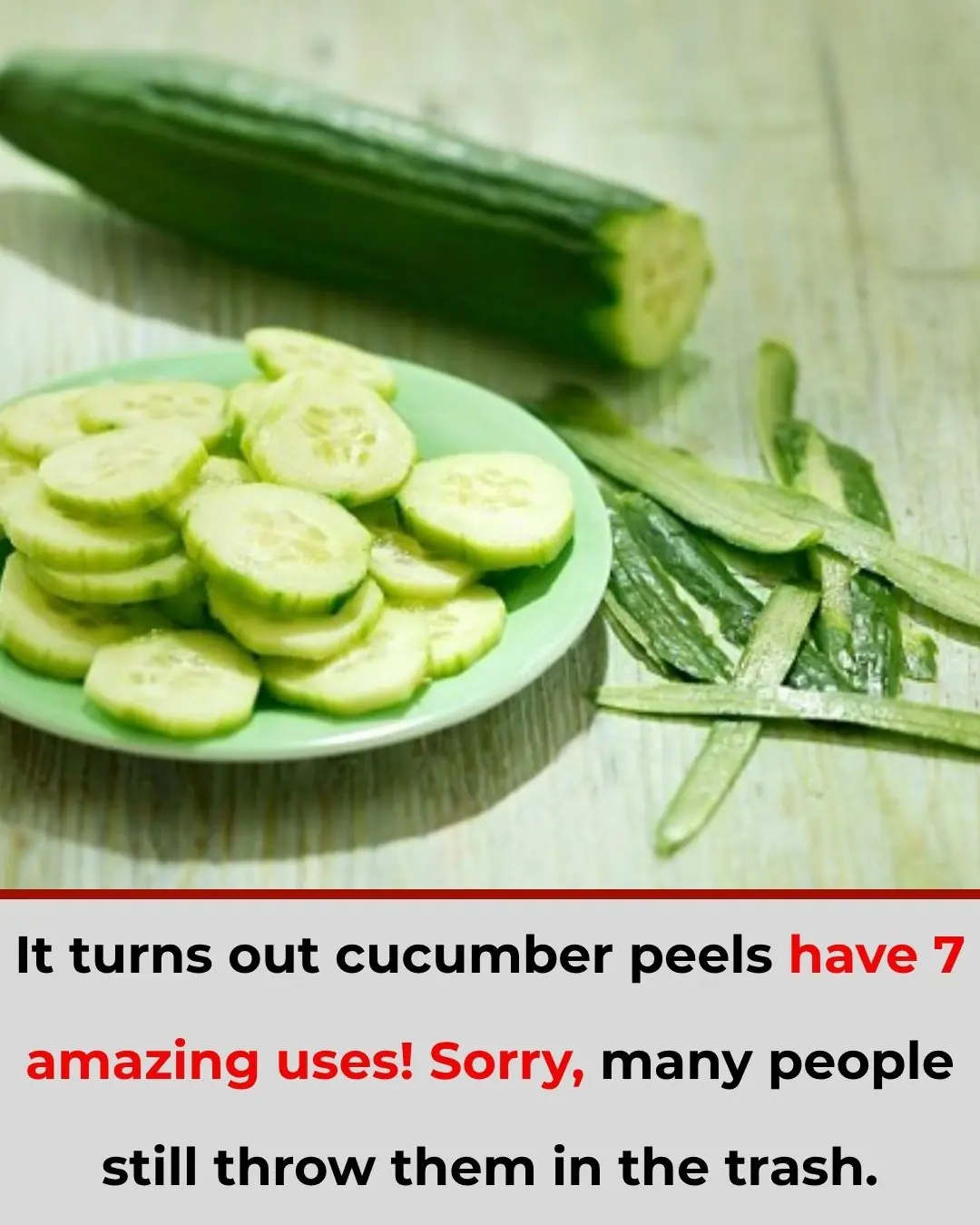
The Amazing 7 Benefits of Cucumber Peels — You’ll Never Throw Them Away Again!

My nana taught me this hack to relieve joint pain in 5 mins with 0 work. Here’s how it works
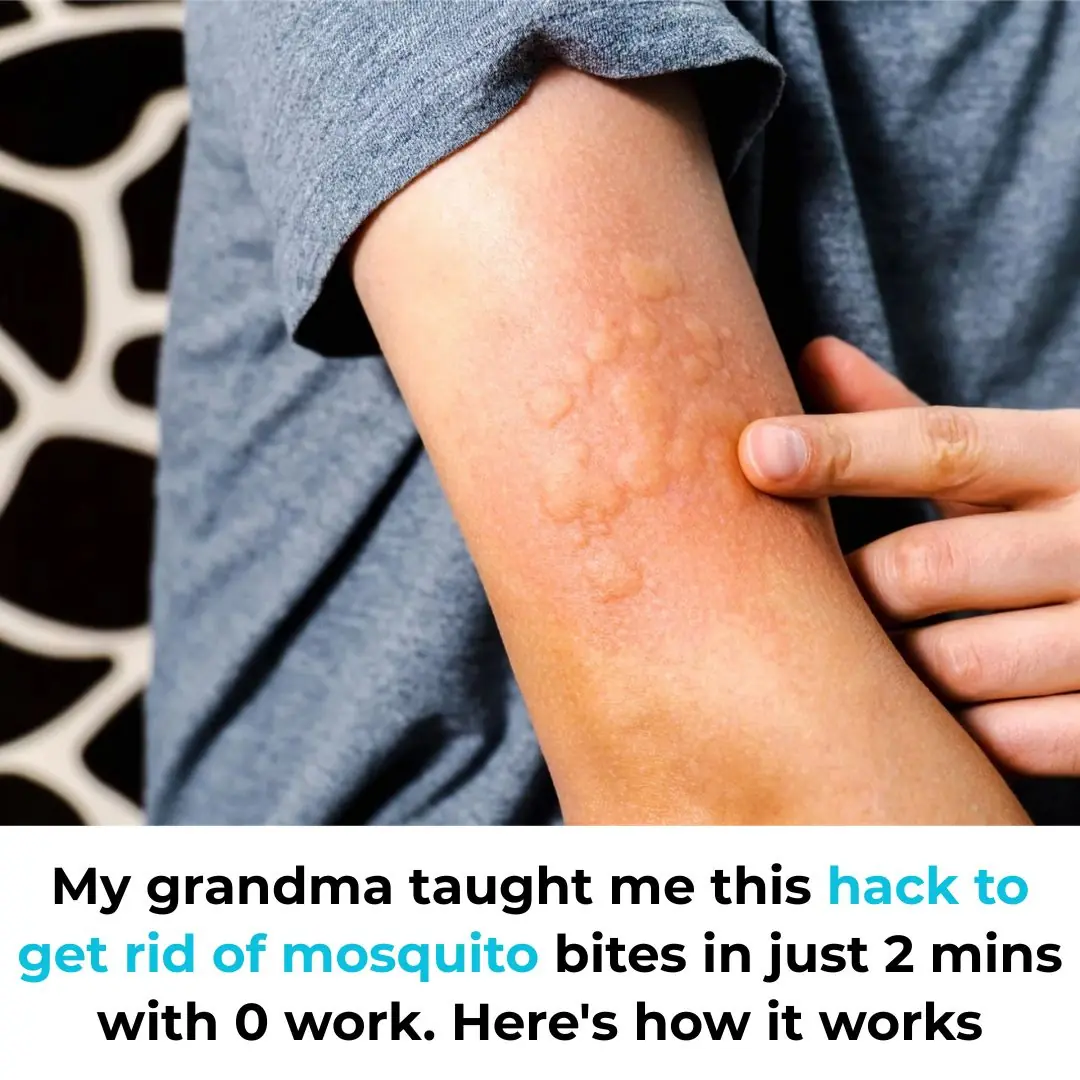
Were you aware of this? Wow, I discovered something new!
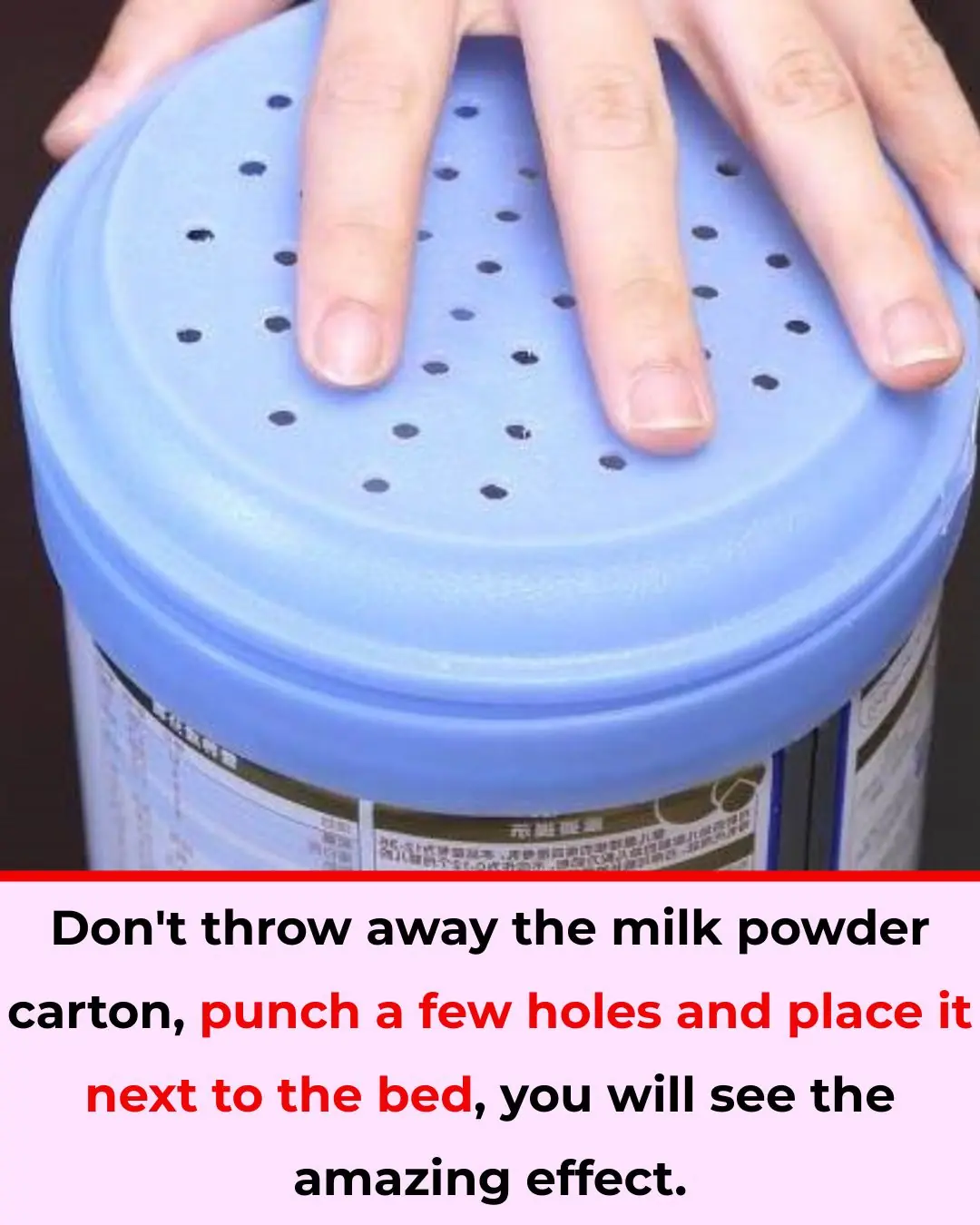
Don't throw away the milk powder carton, punch a few holes and place it next to the bed, you will see the amazing effect
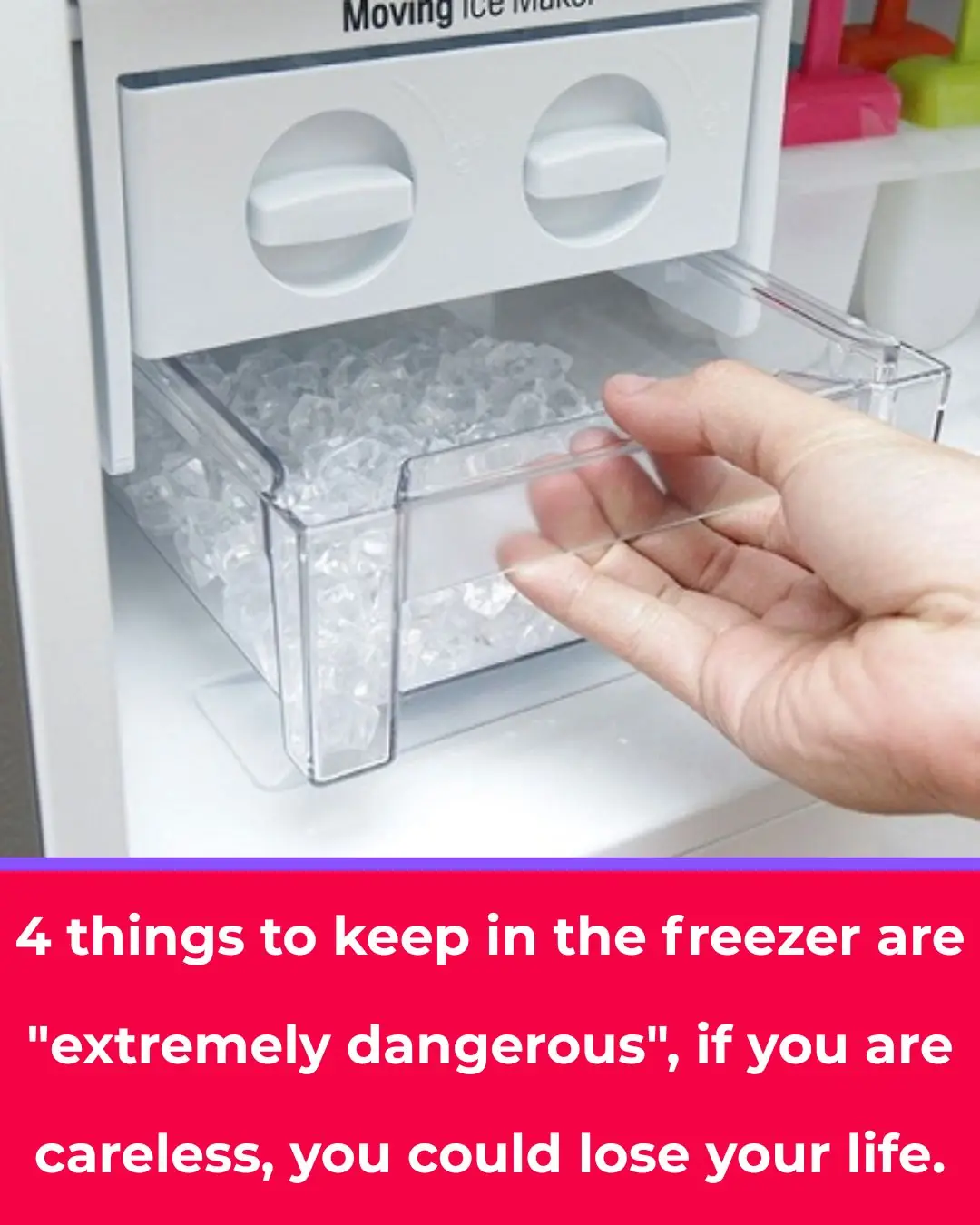
4 things to keep in the freezer are "extremely dangerous", if you are careless, you could lose your life
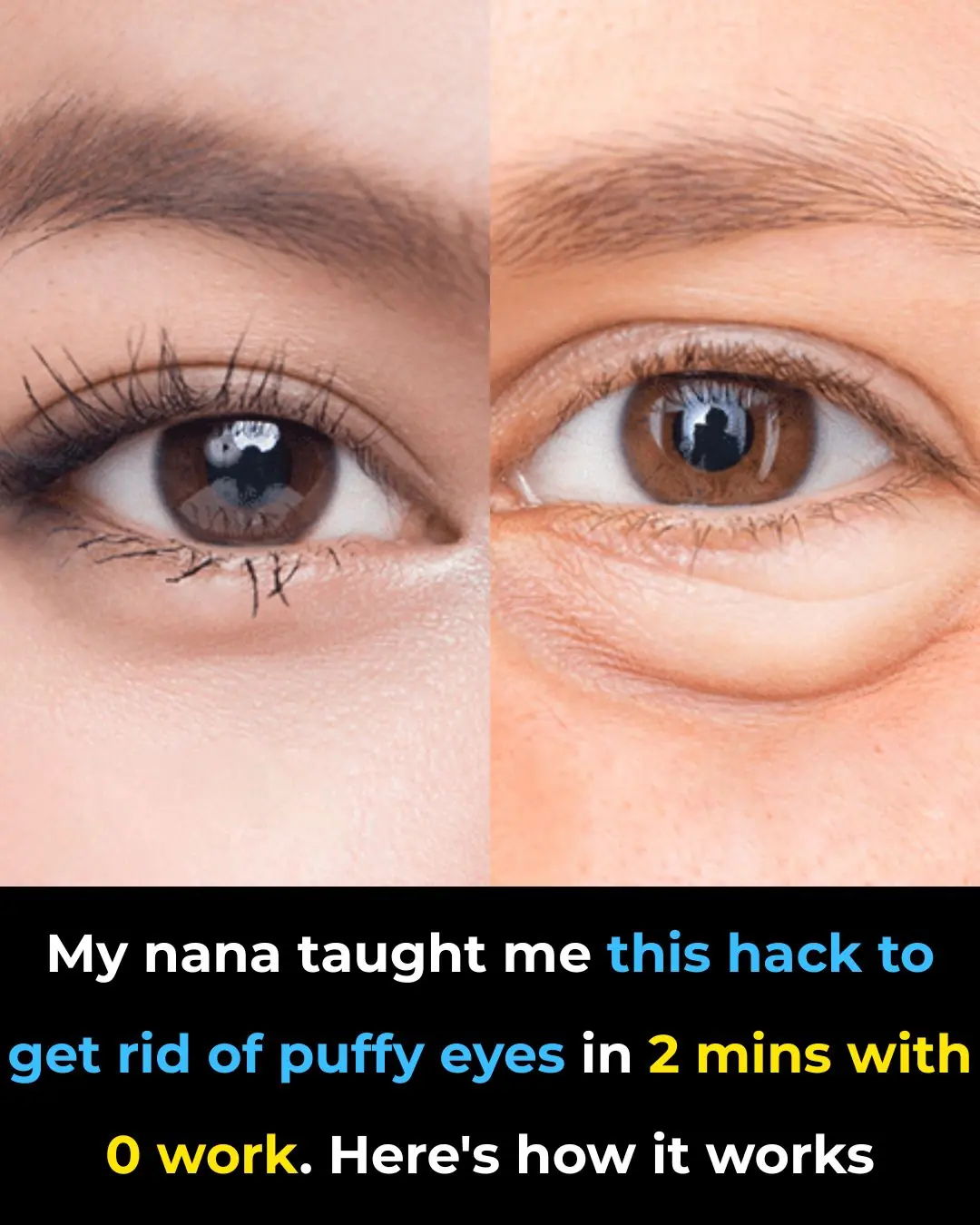
My nana taught me this hack to get rid of puffy eyes in 2 mins with 0 work. Here’s how it works

How To “Remove” All The Chemicals Out Of Store-Bought Chicken
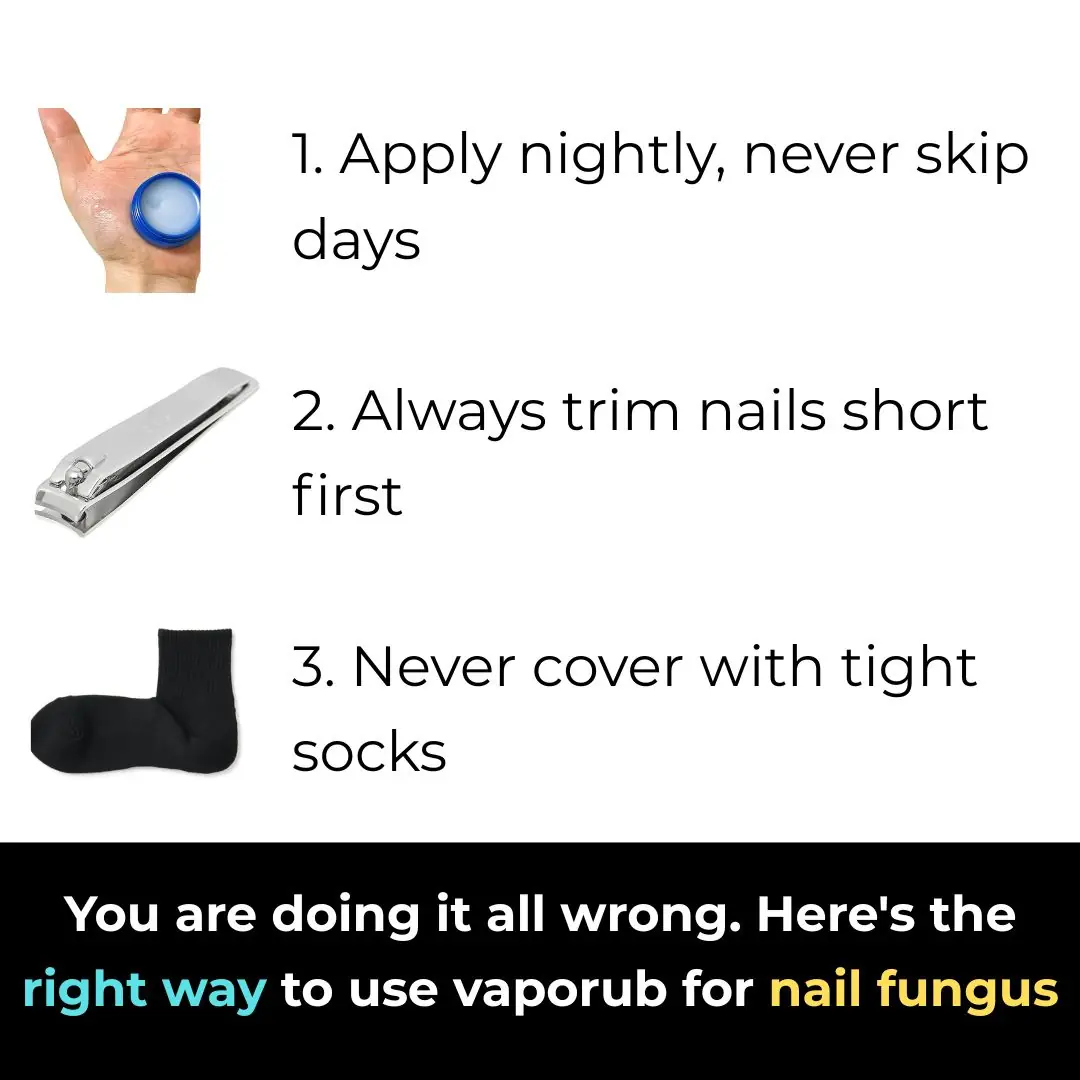
You are doing it all wrong. Here's the right way to use vaporub for nail fungus

2 Golden Times to Drink Black Bean Water for Women: Slim Down, Beautify Skin, and Detox Naturally

Should You Keep Your Bathroom Door Open or Closed? Many People Still Get It Wrong
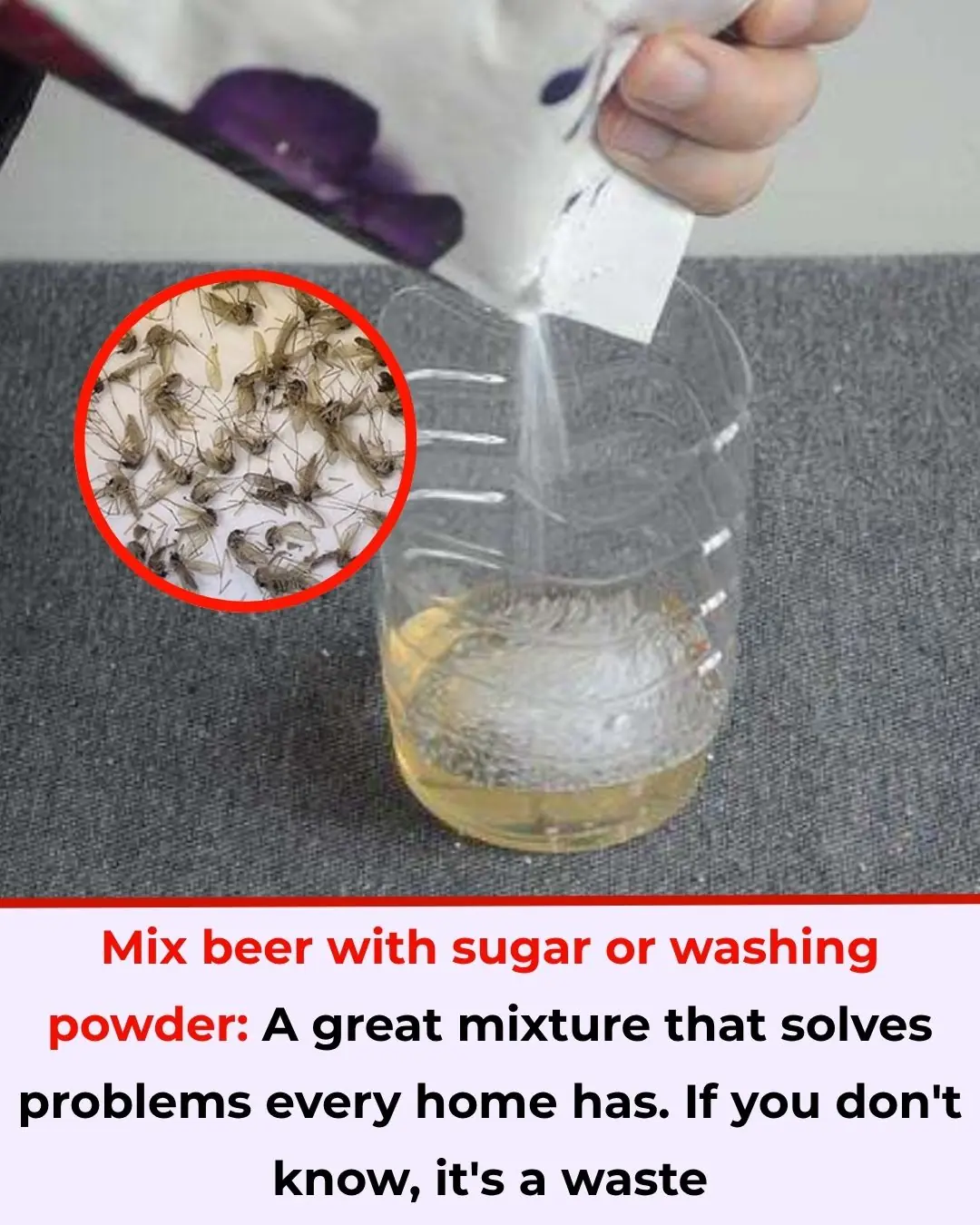
Beer + Laundry Detergent or Sugar: A Simple Trick to Deal with Mosquitoes at Home

Boiling Shrimp with Plain Water Makes It Fishy and Mushy — Add This Simple Ingredient for Firm, Bright Red, and Delicious Shrimp

I Just Learned What the Detergent Drawer on the Washing Machine Is Really For — No Wonder My Clothes Used to Come Out Dirtier!

5 Foods That Practically Never Expire — The Longer You Store Them, the More Valuable They Become

Add White Vinegar to Dishwashing Liquid: A Simple Yet Brilliant Home Tip Everyone Should Know

Most people will never know

How to make Chicken braised in peanuts, both delicious and unique, making the whole family want to eat two after one meal
News Post

Cut up your old jeans instead of junking them. Here are 10 ways to repurpose them

Put raw chicken drumsticks in a slow cooker with these 3 ingredients. You’ll want it every night.

Easy Clove Cultivation: From Seed to Spice

7 Benefits and Uses of Castor Oil

Zachary Levi dishes on being ‘graylisted’ by Hollywood for his beliefs

Inside Gabby Logan’s marriage to husband Kenny Logan – sex-less marriage; affair allegations; wedding day disaster

Concerns for Lisa Snowdon as she admits ‘a few things need investigating’ following scan

Davina McCall reveals she’s been diagnosed with breast cancer in emotional video message

The Amazing 7 Benefits of Cucumber Peels — You’ll Never Throw Them Away Again!
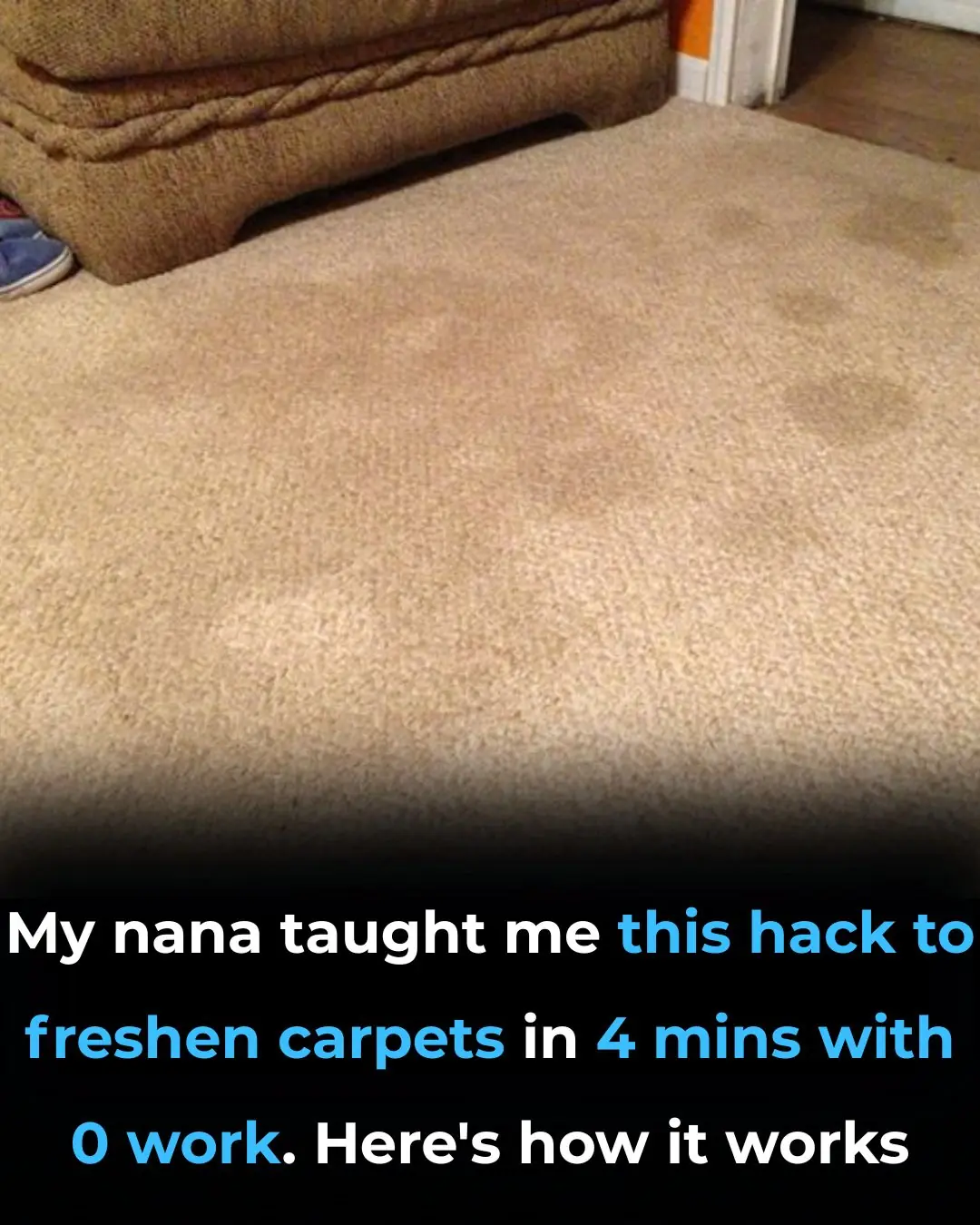
My Nana’s 4-Minute, Zero-Work Hack to Freshen Carpets
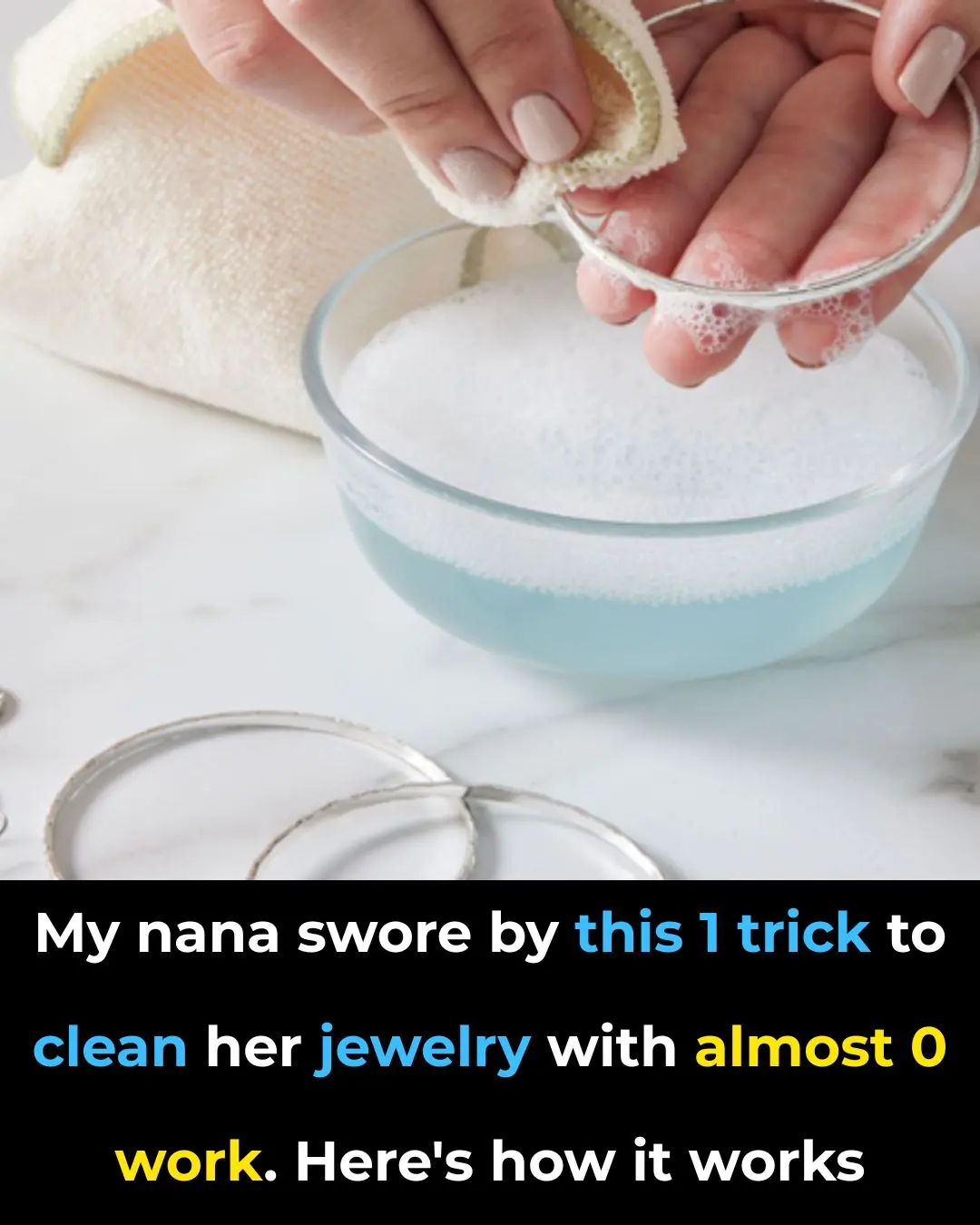
Nana’s Timeless Jewelry Cleaning Trick That Actually Works

My nana taught me this hack to relieve joint pain in 5 mins with 0 work. Here’s how it works

10 Foods You Should Never Cook in Aluminum Foil — And Why It Could Be Dangerous
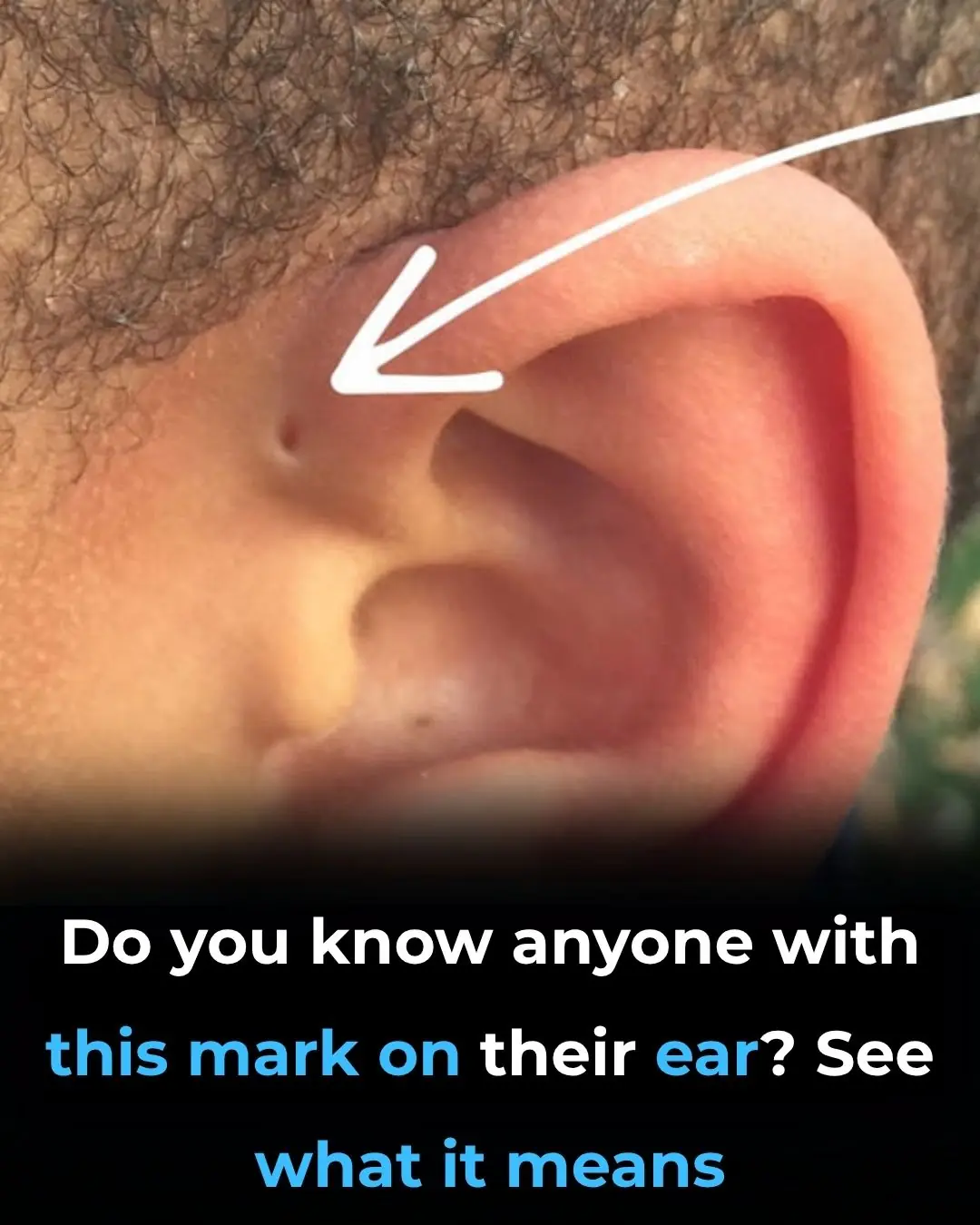
What Does This Little Mark On The Ear Mean
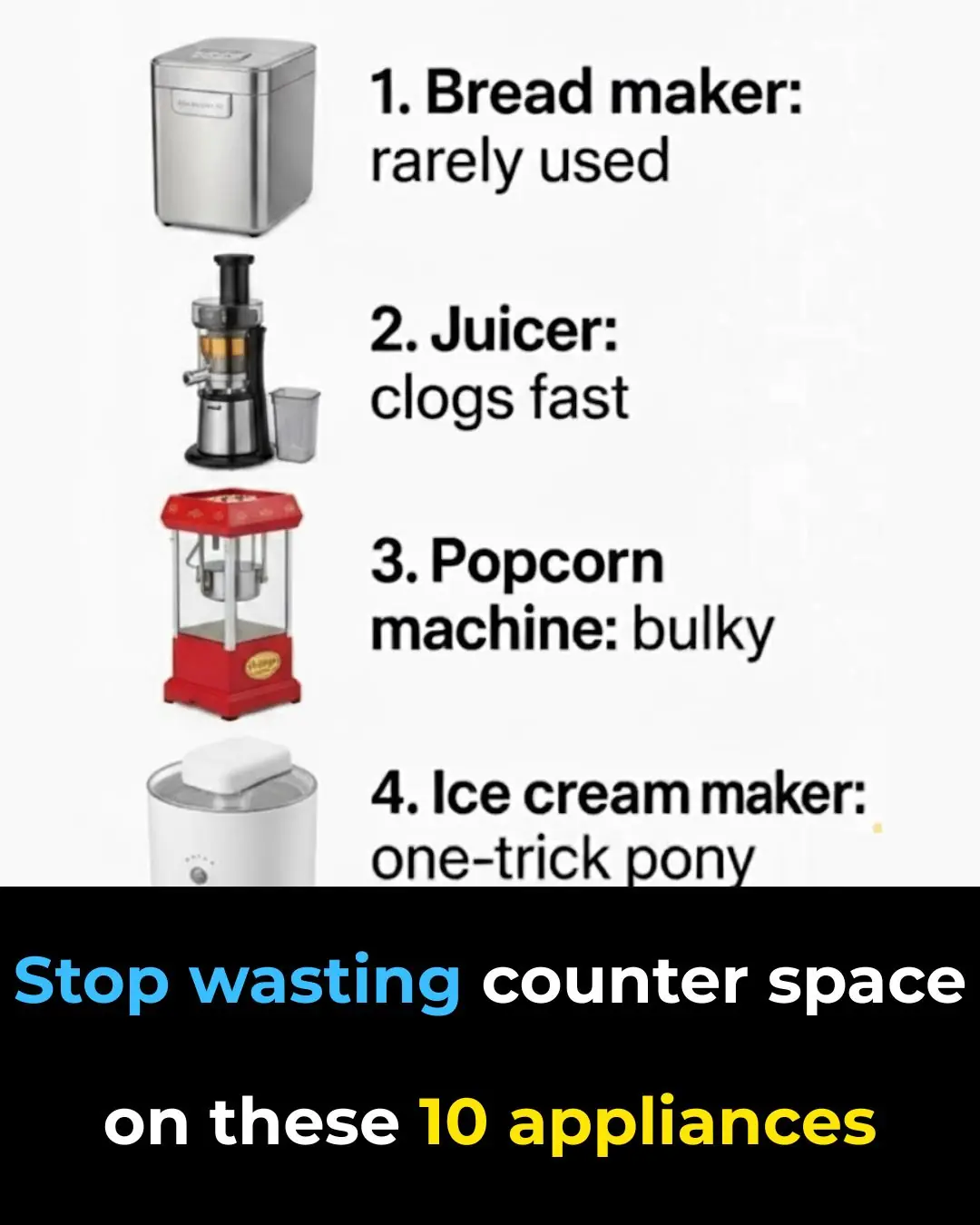
Stop Wasting Counter Space on These 10 Kitchen Appliances

Stop Wasting Money on These 10 Paper Products

Keyless Cars: What Every Driver Needs to Know
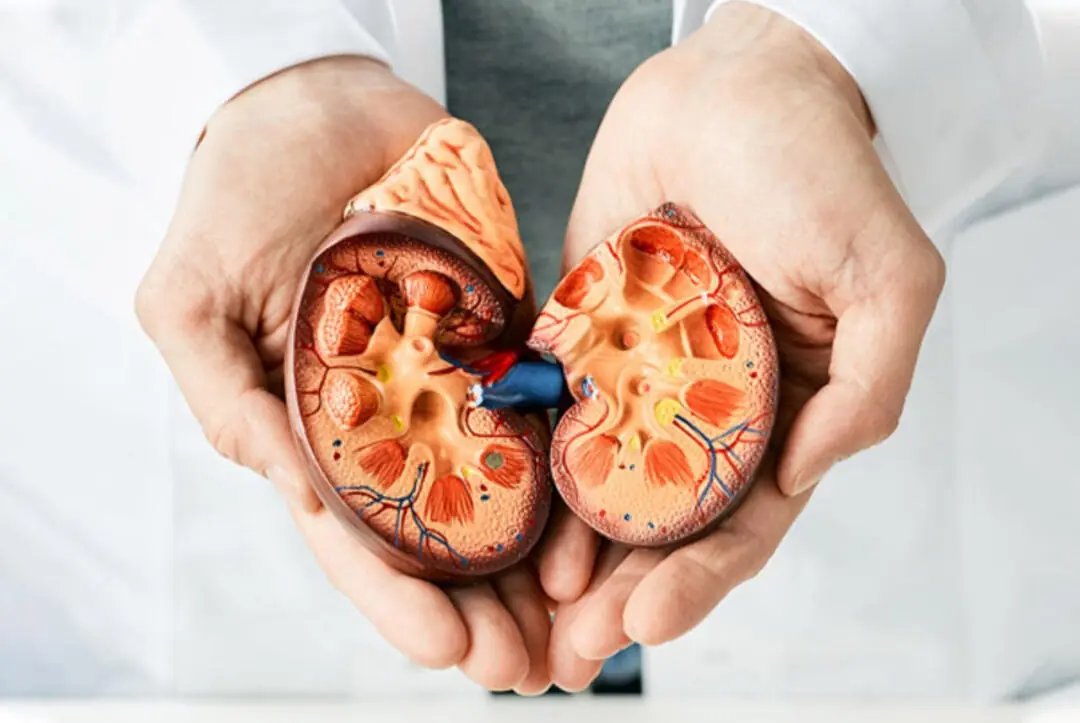
1 Minute to “Check Your Kidneys” at Home — See Instantly If They’re Strong or Weak
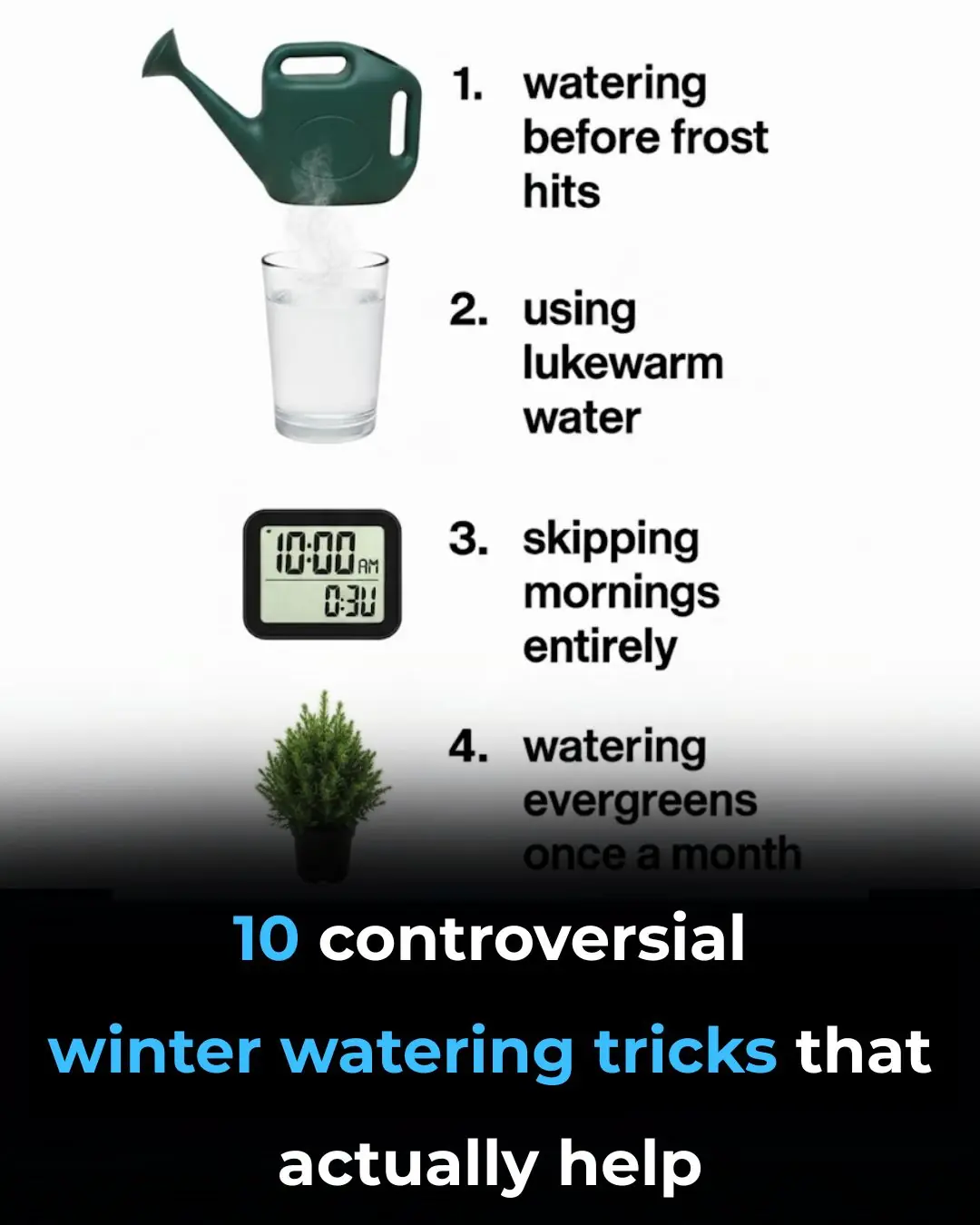
10 Controversial Winter Watering Tricks That Actually Work
